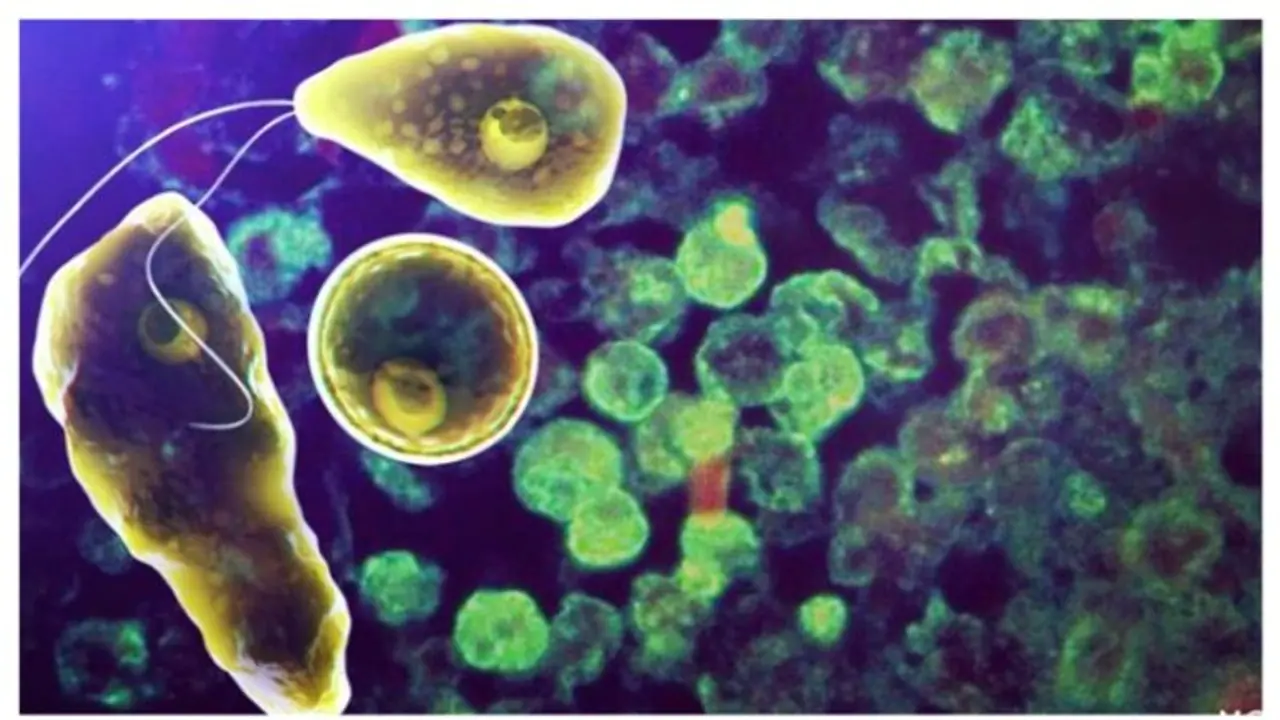Three people have been diagnosed with amoebic meningoencephalitis in Thiruvananthapuram. With this, the total number of confirmed cases has risen to four in the state capital.
Thiruvananthapuram: Three people have been diagnosed with amoebic meningoencephalitis here. All three have been admitted to the Medical College Hospital. With this, the total number of cases confirmed in Thiruvananthapuram has risen to four. A person who died on July 23 was also confirmed with the disease.

Also Read: How to repel mosquitoes during monsoons?
The health department has issued an advisory in view of the latest developments. As per the advisory, people should avoid using water bodies with moss, those used for bathing animals and bathing in stagnant water.
Earlier, antidote for the rare brain-eating amoeba infection or amoebic encephalitis will arrive from Germany to Thiruvananthapuram on July 29. The life-saving drug Miltefoscin was earlier administered to a young boy aged 14, reported to be infected with the condition in Kozhikode's Baby Memorial Hospital.
Reports indicate that in the past one-and-a-half-month, amoebic encephalitis has claimed the lives of three children. The deceased are 12-year-old Mridul from Farook, 13-year-old Dakshina from Kannur and 5-year-old Fadwa from Malappuram.
The ‘brain-eating amoeba’ thrives in environments such as lakes, hot springs, and stagnant water, entering the body through the nose. Reports have also identified it in unmanaged swimming pools, surf parks, and other recreational areas.
The organism infects individuals through the nasal passage and migrates to the brain, causing Primary Amoebic Meningoencephalitis (PAM). Initial symptoms typically emerge within 5 days, but can appear anywhere between 1-12 days after infection. Mild symptoms include headache, fever, nausea, and vomiting, while severe cases can progress to hallucinations, seizures, confusion, and even coma. If left untreated, PAM can be fatal within a month.
Also Read: Wayanad landslide: Death toll mounts to 402; More unidentified bodies to be cremated today
